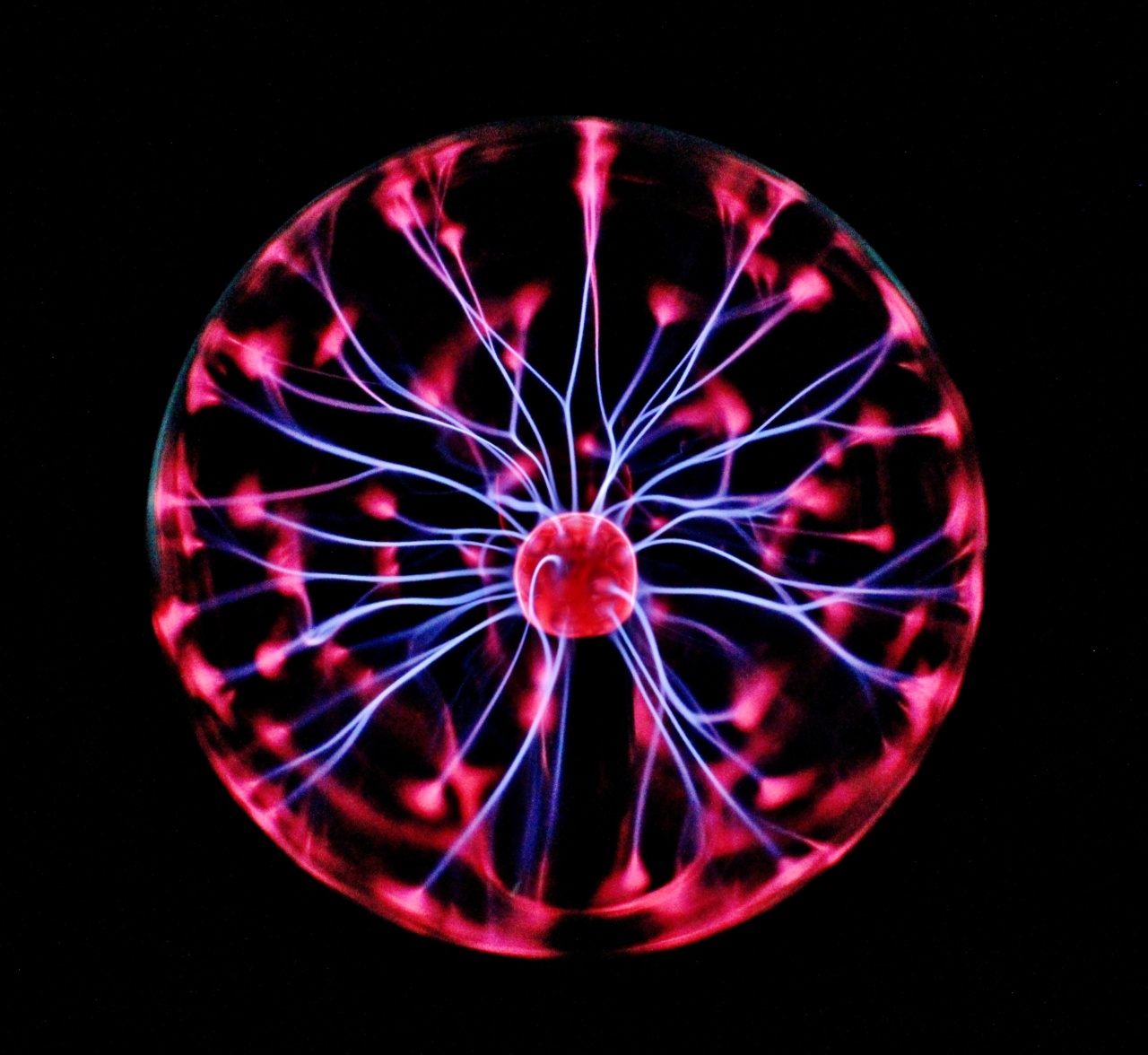Are you often feeling sluggish and tired throughout the day? Do you feel like you’re not getting enough sleep, despite the hours of rest you get each night? If you’re struggling to find an explanation for your low energy levels, it may be time to consider a common culprit: dehydration.
Dehydration: The Sneaky Culprit
Dehydration occurs when your body doesn’t have enough water to function properly. This can happen for a variety of reasons, including not drinking enough water, sweating too much, or even consuming diuretics like coffee and alcohol.
When you’re dehydrated, your body struggles to maintain normal functions. Your blood thickens, your heart has to work harder, and your muscles can’t perform as well.
This can leave you feeling sluggish, tired, and even cause headaches or dizziness.
The Importance of Staying Hydrated
Staying hydrated is key to maintaining optimal health and energy levels. It’s recommended that you drink at least 8 glasses of water per day, though this may vary depending on age, activity level, and climate.
Even mild dehydration can impact your energy levels, making it important to stay mindful of your water intake throughout the day.
In addition to keeping you energized, drinking enough water can also help your body function properly. Water plays a crucial role in digestion, circulation, and even brain function.
Staying hydrated can also help prevent constipation, urinary tract infections, and other common health issues.
Sneaky Sources of Dehydration
Dehydration isn’t always easy to spot. In addition to not drinking enough water, there are a variety of factors that can contribute to dehydration. Here are a few sneak sources of dehydration that you may not have considered:.
1. Diuretics
As mentioned above, consuming diuretics like coffee and alcohol can contribute to dehydration. These substances cause your body to lose more water than usual, making it important to balance out your intake with extra water.
2. High-sodium foods
Foods high in salt can also contribute to dehydration. This is because salt draws water out of your cells and into your bloodstream, making it harder for your body to retain water.
If you’re consuming a lot of processed or canned foods, you may be unknowingly dehydrating yourself.
3. Sweating
Sweating is a natural way for your body to cool itself down, but it can also result in fluid loss. If you’re sweating more than usual, whether due to exercise or hot weather, make sure to replenish your water supply accordingly.
Tips for Staying Hydrated
If you’re struggling to stay hydrated, here are a few tips to keep in mind:.
1. Carry a water bottle with you at all times.
Having a water bottle on hand makes it easier to stay hydrated throughout the day. Consider purchasing a reusable water bottle that you can fill up whenever you need it.
2. Eat water-rich foods.
Fruits and vegetables are a great source of water, and can help you stay hydrated even if you don’t drink enough water throughout the day. Some examples include watermelon, cucumber, and grapefruit.
3. Set reminders to drink water.
If you’re forgetful when it comes to drinking water, try setting reminders throughout the day to hydrate. This can be as simple as setting an alarm on your phone or keeping a sticky note at your desk.
4. Avoid diuretics.
If possible, try to limit your consumption of diuretics like coffee and alcohol. If you do indulge, make sure to balance it out with extra water to offset the diuretic effects.
Conclusion
Staying hydrated is key to maintaining optimal health and energy levels. If you’re struggling with fatigue, headaches, or other symptoms, dehydration may be sneaking up on you.
Keep in mind the sneaky sources of dehydration and try implementing some of our tips to stay hydrated throughout the day. Your body will thank you!.






























